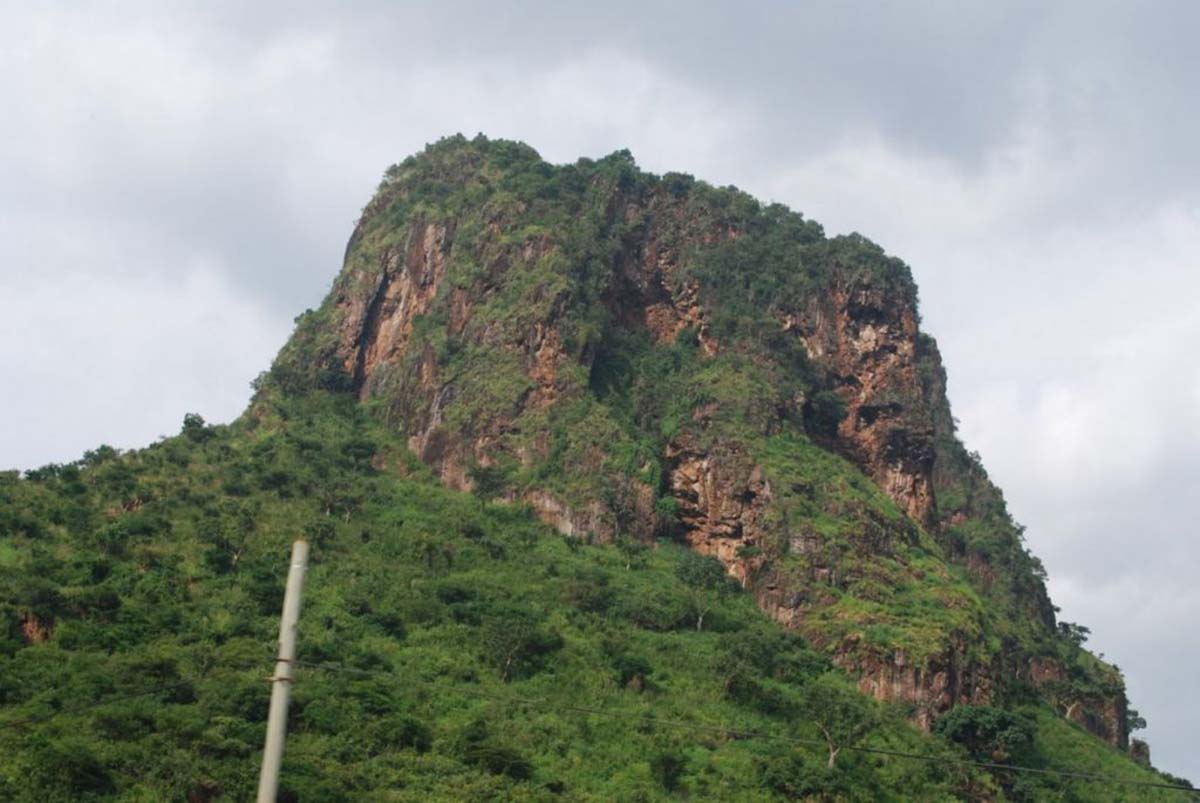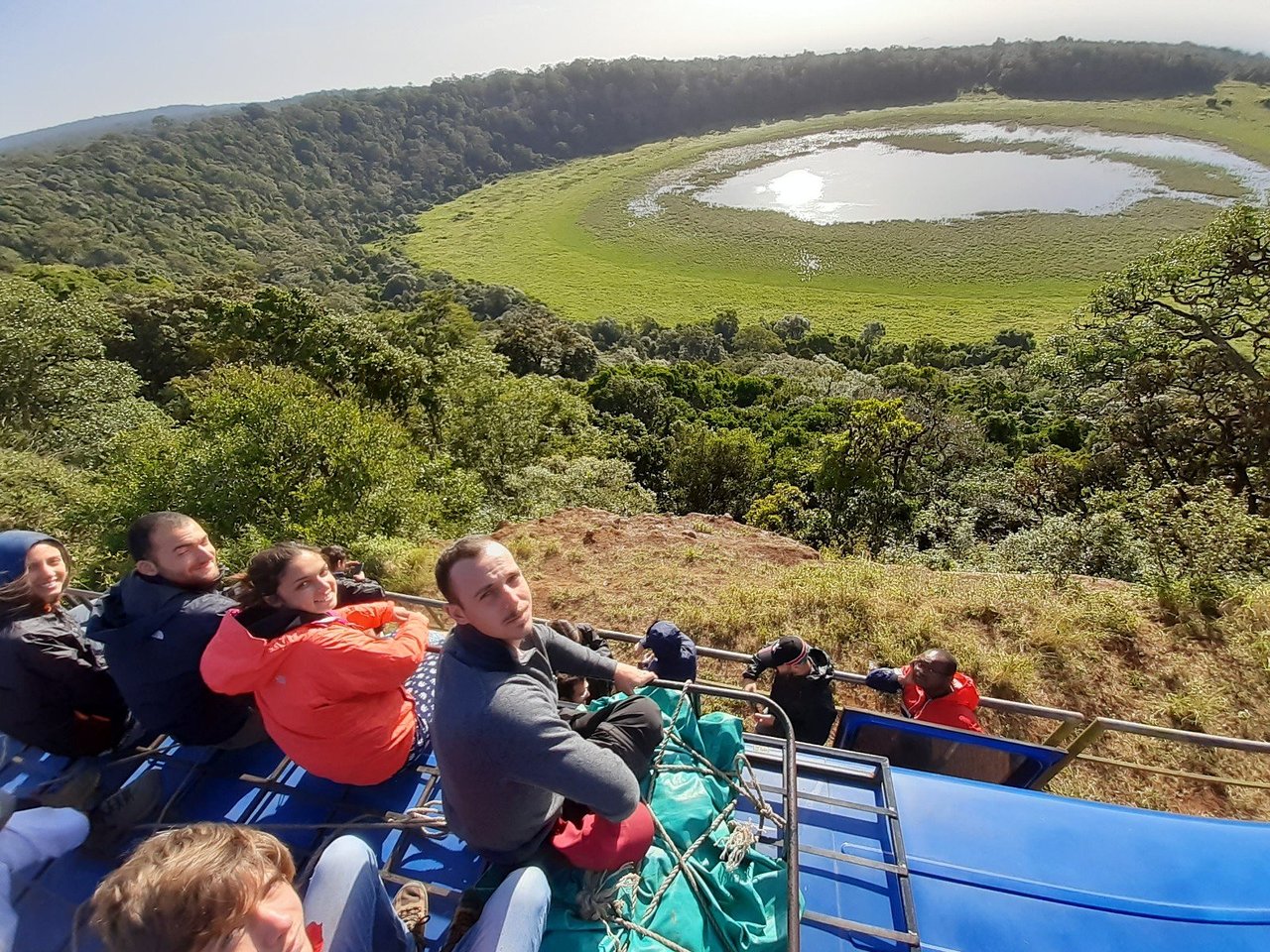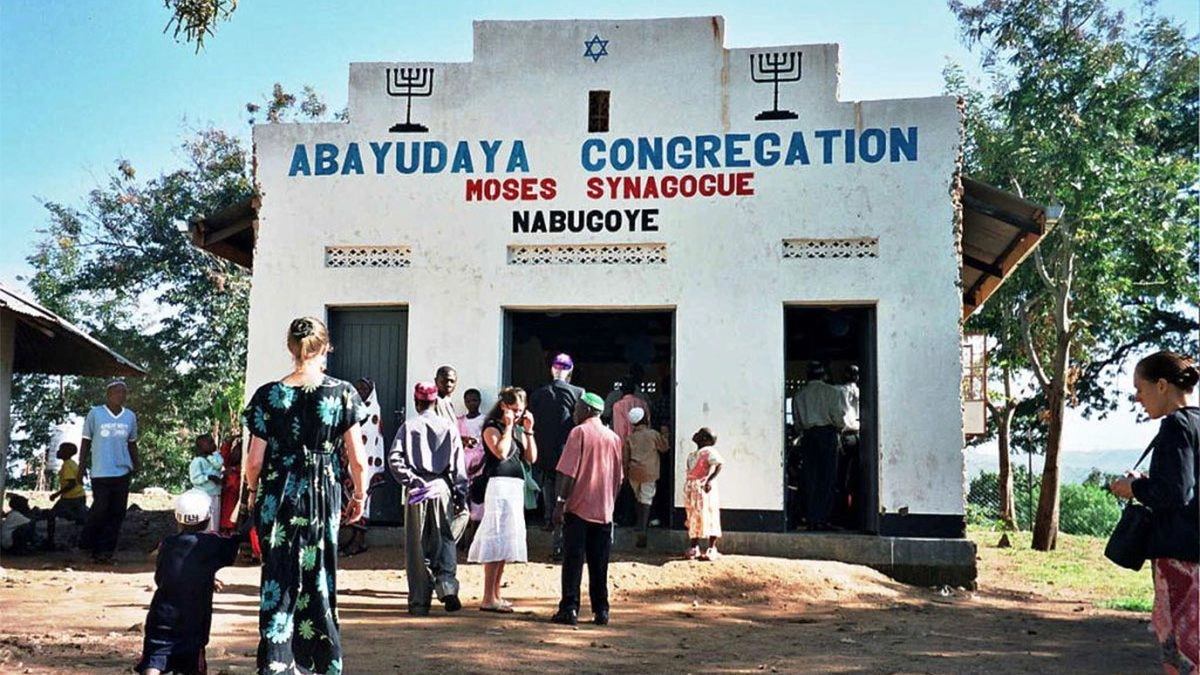
Hiking the Tororo Rock in Uganda
September 11, 2023
Explore Marsabit National Park Kenya
September 11, 2023The Remarkable Jewish Community of Uganda: Abayudaya in Nabugoye Mbale
Nestled in the picturesque villages of Putti, within the serene Mbale district of Uganda, you’ll discover an extraordinary community known as the Abayudaya, or “The People of Judah.” This unique community practices Judaism and has a rich history deeply rooted in the region. The story of the Abayudaya begins with Semei Kakungulu, a Muganda military leader who underwent a remarkable transformation in the late 19th century.
Around 1880, Semei Kakungulu initially embraced Christianity, following his conversion by British missionaries. His newfound faith was intertwined with ambitious aspirations to rule over territories, including Bukedi and Bugisu, which he had conquered through military endeavors on behalf of the British. However, his dreams were thwarted when the British limited his territory and refused to fulfill their promise of making him a king.
Frustrated and disillusioned, Semei Kakungulu began distancing himself from British influence. In 1913, he became a member of the Bamalaki sect, a religious group that melded elements of Christianity, Judaism, and Christian Science. Notably, the Bamalaki adhered to a belief system that vehemently opposed Western medicine, leading to confrontations with the British authorities when they refused to vaccinate their cattle.
Yet, it was Semei Kakungulu’s continued exploration of the Bible that ultimately transformed his spiritual path. In 1919, he encountered a pivotal revelation that led him to embrace Judaism. He insisted on adhering to the practice of circumcision, as prescribed in the Old Testament. When the Bamalaki community rejected this notion, comparing it to Jewish customs, Kakungulu responded resolutely: “Then, I am a Jew!” He initiated circumcision for himself and his sons, officially declaring his community to be Jewish.
Driven by their newfound faith, Semei Kakungulu and his followers sought refuge at the base of Mount Elgon, establishing a separatist sect known as “Kibina Kya Bayudaya Absesiga Katonda,” meaning “the Community of Jews who trust in the Lord.” This audacious move infuriated the British authorities, leading to a complete rupture in their relationship with Kakungulu and his followers.
The Influential Arrival of Yosef and the Birth of Knowledge
In 1920, a foreign Jew named “Yosef” arrived in the community. Yosef, believed to have European ancestral roots, played a pivotal role in enriching the Abayudaya community’s understanding of Jewish traditions and customs. During his six-month stay with the community, he shared knowledge about the Jewish calendar, including the timing of significant Jewish festivals such as Pesach, Shavuot, Rosh Hashanah, Yom Kippur, and Succot. Yosef’s teachings provided valuable insights into the practice of kashrut (dietary laws), which the community continues to uphold today.
Semei Kakungulu’s Legacy: A School of Knowledge and Faith
Semei Kakungulu’s dedication to preserving and disseminating Jewish knowledge prompted him to establish a school akin to a Yeshiva. This institution served as a hub for imparting the skills and wisdom originally acquired from Yosef. In this nurturing environment, the Abayudaya community continued to deepen its understanding of Judaism, fostering a strong sense of identity and faith.
Navigating Persecution and Surviving as “She’erit Yisrael”
Following Semei Kakungulu’s death from tetanus in 1928, Samson Mugombe Israeli, one of his disciples, assumed leadership of the community. The Abayudaya faced severe persecution, including during the regime of Idi Amin, who banned Jewish rituals and destroyed synagogues. In the face of such religious suppression, some members of the Abayudaya community converted to either Christianity or Islam.
However, a resilient core group of around 300 individuals remained steadfast in their commitment to Judaism. They worshiped in secret, concealing their faith from their neighbors and authorities for fear of persecution. This group identified itself as “She’erit Yisrael,” which translates to “the Remnant of Israel.” In their steadfastness, they embodied the surviving Jewish spirit within Uganda.
A Turning Point: Arye Oded and Revival
In 1962, the Abayudaya community encountered an Israeli named Arye Oded, who was studying at Makerere University. This meeting marked the first encounter between the Abayudaya and an Israeli, as well as the first interaction with a Jew since Yosef’s visit. Oded engaged in extensive interviews with Samson Mugombe and other community leaders, offering insights into Jewish practices as observed in Israel. Oded’s in-depth understanding of the Abayudaya’s customs and traditions led to the publication of the book “Religion and Politics in Uganda” and numerous articles, introducing the Abayudaya to the global Jewish community. This encounter reignited the community’s spirit, paving the way for a revival in the 1980s.
Formal Conversion and Recognition
A significant milestone in the Abayudaya community’s journey occurred in February 2002 when approximately 400 community members underwent formal conversion ceremonies. These conversions were conducted by five rabbis affiliated with the Conservative branch of Judaism. This momentous occasion solidified the Abayudaya’s place within the broader Jewish community and marked their commitment to the practice of Judaism.
Embrace of Tradition and Service in Mbale
In the outskirts of Mbale, atop Nabugoye Hill, the Abayudaya community proudly upholds their Jewish heritage. Their synagogue, a simple yet captivating rustic red-brick structure, serves as a center for spiritual growth and communal gatherings. Visitors are welcome to join services conducted in both English and Hebrew, with Friday services held from 6:00 pm to 8:00 pm and Saturday services at 9:00 am. The Abayudaya community warmly invites all who wish to share in their traditions and faith.
The Abayudaya community’s remarkable journey, from the early 20th century to the present day, stands as a testament to their unwavering commitment to Judaism and their resilience in the face of adversity. Explore the woods unexpectedly, and you’ll find the vibrant heart of Uganda’s Jewish community on Nabugoye Hill, where history, tradition, and faith intertwine.

